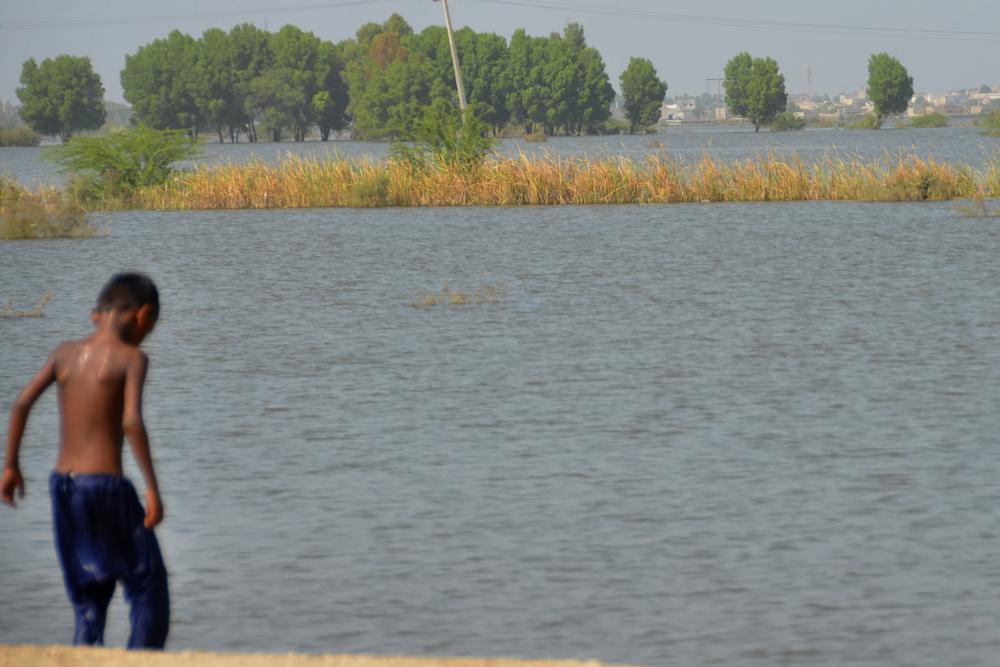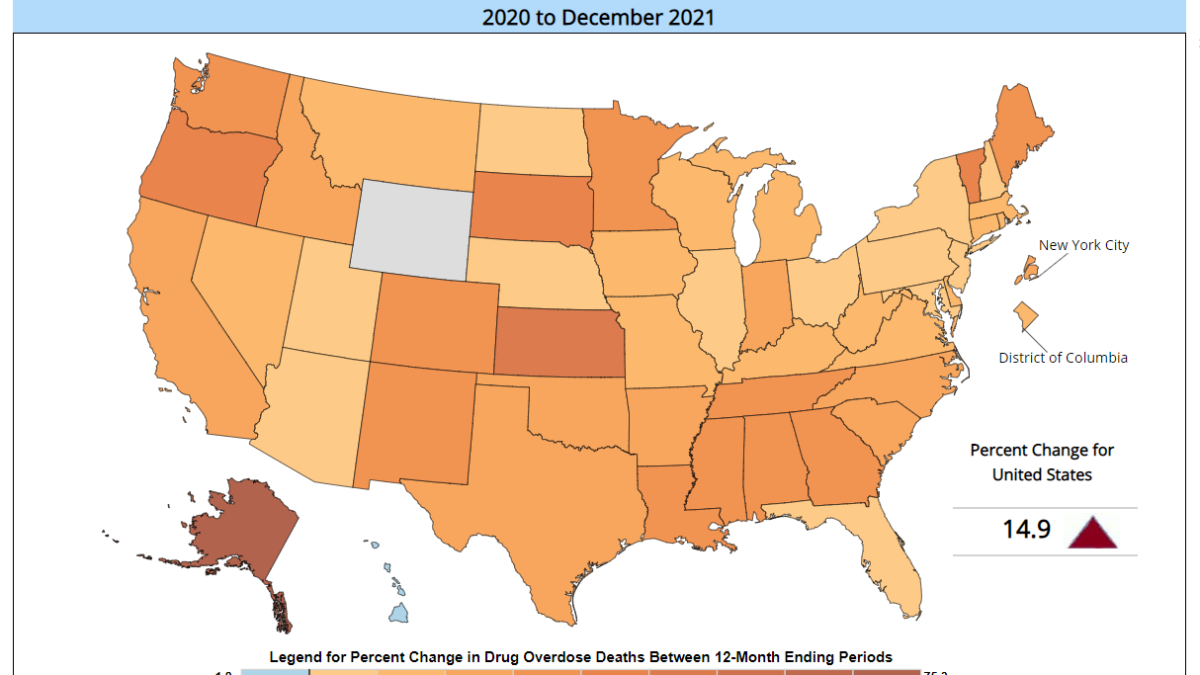BP chief economist to youth conference: “The haves must remember the have nots”

By Spencer Dale
23 October 2019
LONDON (BP) – It’s a great pleasure to be here this morning.
One Young World is a big deal in BP.
As you just heard, Bob Dudley is a massive fan.
And many friends and colleagues have been delegates in the past and raved about it.
So I’ve heard lots about One Young World, but being here to experience the energy and enthusiasm first hand is quite something.
I want to focus my remarks today around global warming.
We all agree – I’m sure – that climate science is real: the scientific evidence is overwhelming.
And I’m sure you also agree that the pace of progress in tackling this threat is nowhere near fast enough: carbon emissions accelerated last year, growing at their fastest rate for 7 or 8 years.
Over the next few days, you will hear many reminders of the potentially damaging effects of climate change and of the collective failure of the world’s response so far.
Those concerns are real: the world is on an unsustainable path and that path – if left unchecked – could have huge implications for our planet and all of us living on it.
But I’m Chief Economist of BP – one of the world’s largest oil and gas companies.
What’s BP doing here; aren’t we part of the problem?
I truly believe we’re not.
Trust me, we want to live – I want to live – in a sustainable, orderly world just as much as you do.
And companies like BP can be – and need to be – part of the solution.
To consider this further, I want to explore three issues in particular.
First, as well as less carbon, the future well-being of the world also requires more energy.
The world faces a dual challenge: the need for more energy and less carbon.
Second, although continued rapid growth in renewable energy will be vital in meeting this challenge, it’s unlikely to be enough.
There are no silver bullets.
And finally, we can’t rely on someone else to solve this challenge – it’s down to us.
Point one: the need for more energy.
Today, over 800 million people in the world don’t have access to electricity.
Imagine, going back to your homes and hotels tonight and not being able to turn on the lights.
Or your children or loved ones not being able to do their homework at night.
Even more shocking, almost 3 billion people – over a third of the world’s population – don’t have access to clean cooking facilities.
The UN estimate that almost 4 million people will die prematurely this year due to the use of unclean cooking fuels.
And work we have done at BP, suggests that 80% of the world’s population today live in countries where energy consumption is so low, that increases in energy tend to go hand-in-hand with significant improvements in human development.
The world needs more energy to grow and prosper.
Access to safe, secure, affordable energy enriches lives.
It’s imperative that those of us fortunate enough to have energy, remember those that don’t.
The haves mustn’t forget the have nots.
Second: the role of renewable energy, by which I mean wind, solar, and biofuels.
As defined, renewables are likely to be the fastest-growing source of energy over the next 20 years; penetrating the global energy system more quickly than any fuel ever seen in history.
The future for renewables is extraordinary bright.
But renewables can’t provide all of the world’s energy needs.
Again, there’s an important distinction between the haves and have nots.
In much of the rich, developed world, energy demand is flat or falling.
We have enough cars, TVs, air conditioning units; and as the efficiency of appliances and business processes improves, our need for energy will fall.
In these countries, rapid growth in renewables can play a central role in decarbonising the energy system.
Each new joule of renewable energy can displace existing coal, oil or natural gas, reducing carbon emissions.
But that is not the case in fast-growing, developing economies, where increasing prosperity and access to energy is driving rapid expansion in energy demand.
In those countries, renewables on their own simply can’t keep up.In China last year, renewable energy grew by over 25%.
The same in India: over 25%.
Extraordinary growth.
But in both those countries, that rapid growth in renewable energy was not enough to even match the growth in electricity demand, let alone displace existing fuels.
As a result, coal consumption in both China and India increased last year.
Continued rapid growth in renewable energy is critical for our future welfare, but it won’t be sufficient to meet our growing energy needs.
To meet those needs, while still ensuring carbon emissions are falling, will require a range of alternative fuels and technologies.
So alongside rapid growth in renewables, we will also need:
- increased switching from the use of coal to natural gas;
- greater use of technologies that capture carbon emissions at the point of use and store them safely underground, so called CCUS (carbon capture use and storage); and
- importantly, here in the West, improving energy efficiency – allowing energy to be used by those who need it most.
The final point I want to emphasise is the importance of all of us playing our role in addressing climate change and the dual challenge.
These are not someone else’s problems to solve: they’re our problems.
Climate change has two defining features: it’s long-term and global.
These features make it particularly hard to solve for two reasons.
First, the nature of our electoral systems means the vast majority of politicians are short-term and local.
So we have short-term, local politicians solving a massive long-term, global problem.
That’s not a criticism, it’s just a fact.
Second, and equally important, it’s hard to worry about global well-being in the future, if you’re worried about your family’s well-being today.
Remember, 800 million people without access to electricity; 3 billion people using harmful fuels to cook their family meals tonight.
Haves and have nots.
This is not meant as a counsel of despair; that it’s all too difficult.
Far from it – it’s a call to arms.
Climate change needs to be solved and can be solved. But we can’t leave it for someone else to fix – it will take all of us.
Yes – there’s a vital role for government.
But governments can’t solve this on their own: remember, short-term local versus long-term global.
Big oil and gas companies like BP need to play their role: using their engineering expertise and financial strength to bring cleaner energy to those who need it most.
And BP are committed to doing so: growing their renewables and other low-carbon businesses.
But they can’t get ahead of government policies and societies’ preferences.
There’s an onus on all of us – as citizens of the world – to play our role.
We must take responsibility for our own actions: carbon efficiency starts at home.
We must support and pressure our governments to think long-term and globally.
We must be suspicious of claims of wonder cures and silver bullets.
Remember: renewables can’t do it all on their own.
The world will need many types of energy for many years to come.
For that reason, we need to encourage co-operation not polarisation.
Demands for bans and divestments of certain fuels are misguided and potentially hugely harmful to those most in need of energy
In that vein, and perhaps most importantly of all, the haves must remember the have nots.


